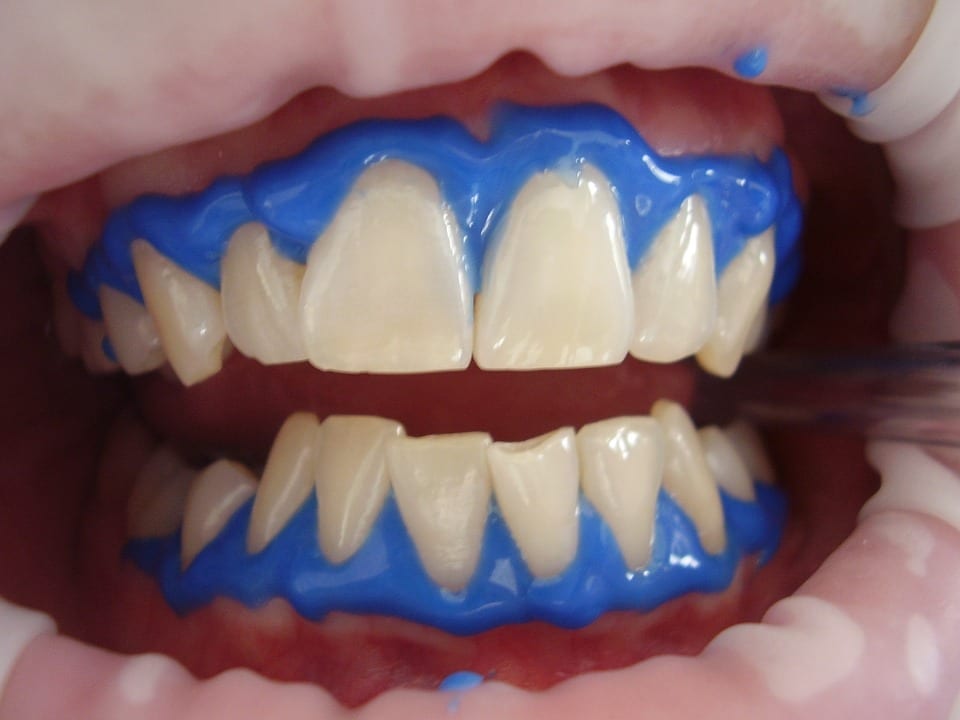LUNG cancer, throat cancer, heart disease, chronic bronchitis, narrowing arteries, increased blood pressure, stroke, premature death…it?s enough to make you light a cigarette just to calm yourself. Today?s smokers know why you should not smoke; yet still they continue. WHY?
Smoking is a habit, and habits are hard to break – especially when it has become an addiction. You need to want to quit.
No one starts smoking because they need to smoke. We start because we want to try it, because our friends do it, because it looks cool. If our parents smoke we are more likely to smoke because we see it as normal.
Research shows that if we quit smoking we can restore our body?s health and perhaps escape from smoking-related diseases. When we start smoking we don?t see the consequences. The future or old age is a long way off, if we make it to old age that is.
So, you have decided to stop. Congratulations! There will always be an insufferable person who quit one day without any problem! The truth for most of us is that we need help to kick the habit.
Tell people that you are going to stop so they won?t put temptation in your way. Encourage others to join you.
There are many products on the market today to help you quit, all claiming to provide the perfect solution, so how can they help?
An aid cannot stop you smoking, make you want to stop or make it easy, but it can ease withdrawal from nicotine, lessen the urge to smoke and make you feel you are doing something positive. There are two types of aid, those that contain nicotine and those that do not. Nicotine replacement comes in the form of patches, gum or nasal spray.
Patches are used like sticking plaster and most manufacturers recommend you use them for three months, starting with the highest dosage and gradually going to smaller amounts. They can seem costly and only reduce the urge to smoke. They are most helpful for people smoking 10-20 a day.
Gum has a bitter taste, but is helpful for heavier smokers. Some find it difficult to stop the gum after three months, but there is no proven health risk. Used properly it costs about the same as the patches, which is often less than the amount spent weekly on cigarettes.
Nasal sprays are only available on prescription, but are helpful to those heavily dependent on nicotine and might be easier if you work in an environment where gum-chewing is unacceptable.
Non-nicotine products include herbal capsules; mouthwashes designed to make cigarettes taste unpleasant; dummy cigarettes; herbal cigarettes, which have lower dosages of tar and nicotine; filters, to reduce nicotine and tar intake; tobacco-flavoured chewing gum. Alternative therapies include acupuncture and hypnotherapy.
If someone goes on a diet they need to plan their menus. Smokers need a plan of action too.
- Decide when you are going to stop, what aid you may need and throw away old ashtrays and cigarette packets.
- Drink plenty of fluids: Water, juices and low sugar squashes – and start walking or exercising. Walking costs nothing but a bit of time.
- Think positively. Withdrawal symptoms WILL ease in time.
- Change your routine by avoiding the shop where you normally buy your cigarettes or any place where you are with a lot of other smokers.
- Don?t make any excuses to break your resolve. Good news or a crisis is the same without a cigarette.
- Reward your efforts with a small treat or save up and splash out.
- Remember to take one day at a time. Each day you go without lighting up is good news for your health, the health of others around you and your pocket.





Be the first to comment on "Quit smoking! You know you can do it"